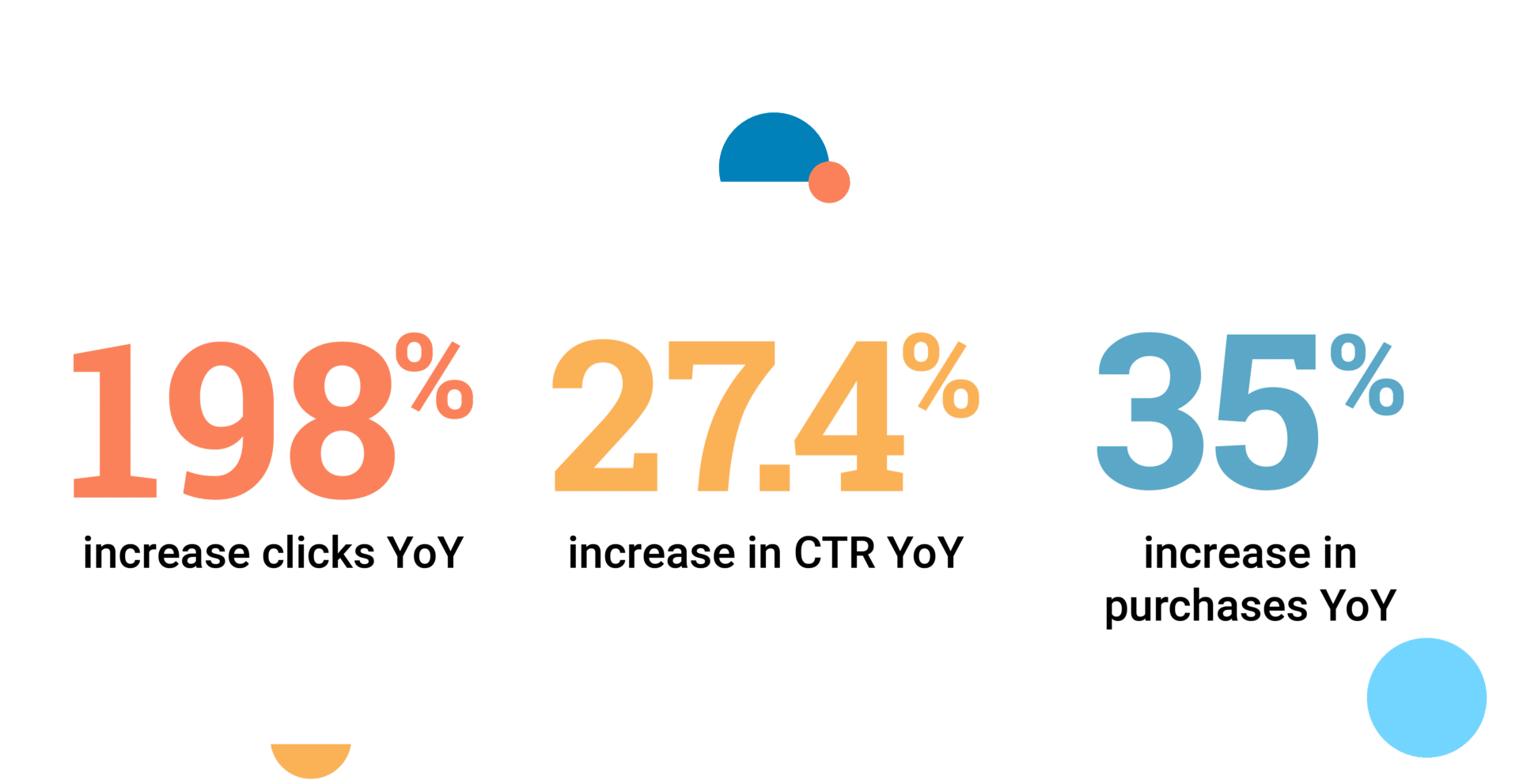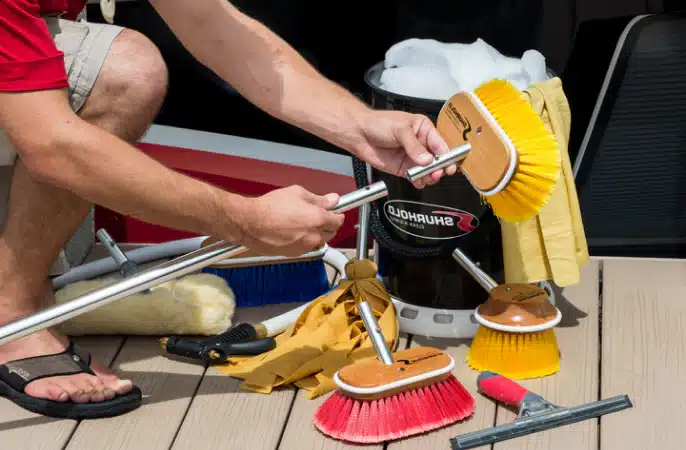
Improving eCommerce Results Starting With Product Titles
Shurhold is a leading manufacturer of the best detailing brushes, machine polishers, waxes, and protective products for the boating industry. If you visit a super yacht, deep sea fishing boat, or just your average 17-footer on a Wisconsin lake - it’s likely that the boat owner has a Shurhold product as part of their washing and detailing kit. Their mission is to provide you with quality tools and the best products to achieve a showroom shine. They specifically focus on the boating and marine industry and are well respected at the highest level in their industry.

The Opportunity:
Shurhold approached Granular to enhance their Return on Ad Spend (ROAS) and boost sales of their boat cleaning supplies. They aim to double the company’s size by the end of 2026. Shurhold faces challenges due to the seasonal nature of their sales and narrow profit margins, as most products are priced under $100.
Granular’s Solution:
We enriched product titles and then leveraged these optimizations across Google Ads and Meta with a more granular approach than anyone who previously ran ads for them.
We started by optimizing Shurhold’s product titles in Google Merchant Center. Shurhold had a relatively small number of product offerings so we were able to accomplish this via a Google Sheets supplemental feed. In our supplemental feed, we crafted keyword-rich titles that began with the most important product info at the front of the title (e.g., product name/use) and the least important info at the end (e.g., color). This exercise not only ensured that our shopping ads served in more auctions triggered by relevant queries, but also ensured that the shopping ads displayed were useful to users yielding stronger engagement metrics.
After optimizing all product titles, we created separate asset groups for each of Shurhold’s main product types (e.g., Boat Polishers, Boat Brushes, etc.). Creating multiple asset groups allowed us to tailor everything from final URL to creative for a given product type all while keeping performance data under one campaign, which PMax ad campaigns use to inform machine learning by Google.
The latest step in our eCom work for Shurhold involved creating two separate Google PMax campaigns, one for historically top-performing states and another for the rest of the country. This allowed us to better control what percentage of our budget went to states most likely to perform. It also allowed us to have separate ROAS targets for each campaign, meaning we could be more aggressive and control impression share in our top states with a lower target, while remaining more conservative in non-top states with a higher target.
On Meta Ads, we leveraged our title optimization work using a product catalog to run dynamic product ads (DPAs) for both prospecting and remarketing purposes. DPAs rely on machine learning to determine what products to show a user and even how the product shows (tagging, etc.). For example, if someone visited the boat brush page and added a boat brush to their cart but did not check out, our remarketing DPA would reach this user leading with a relevant boat brush product, likely the same one they had added to their cart.
The Results:
By proactively getting more granular and strategic with shopping feed optimizations, we were able to surpass the goals set by the client and internally at Granular. Optimizing Google Shopping feed titles resulted in both efficiency and conversion improvements across the board. Meta ads also saw massive gains in reach, engagement, and purchases.
Google Shopping Ads YoY % Improvement:
- Clicks: +14%
- CTR: +19%
- Conv.: +18%
- Conv. Value:+19%
Meta Ads YoY% Improvement:
- Clicks: +184%
- CTR: +5.72%
- Purchases: +35%
- Revenue: +11%
